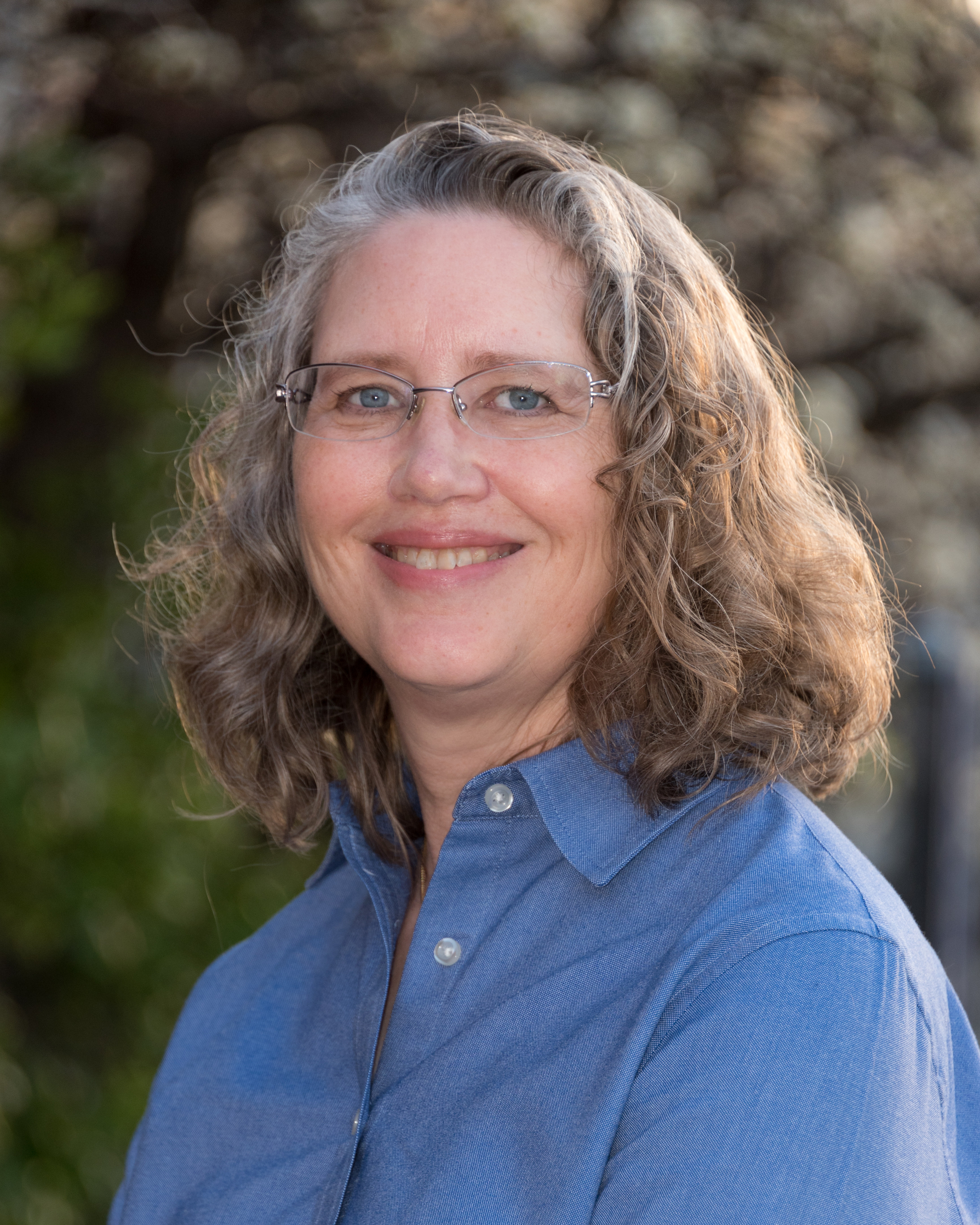Late last week my husband’s parents called to let us know that my husband’s cousin had died unexpectedly. I had never met this cousin, so, although I expected to comfort my husband for his loss, I didn’t expect to be doing any mourning myself. I was mistaken.
Perhaps it was the disturbing nature of the cousin’s death. Perhaps it had to do with the time we had spent with the cousin’s parents, my husband’s aunt and uncle, not so long ago. They are such a kind and giving couple. I feel bad for them that they have to face the seemingly unbearable loss of their son.
Perhaps it’s just a human thing. When death hits close to us, we grieve. When others around us are sad, we, too, mourn. It’s part of what it means to be in a family or in a community.
Clearly, my mourning is nothing compared to that of the cousin’s parents. But grief is not a contest. We all must process our own grief in our own way and in our own time, regardless of the similarity or dissimilarity of the grief of those around us.
Also in the past week, I had the honor of performing a taharah (ritually washing and dressing a dead person, and placing the body in the coffin) with a team which included two people who had not done taharah before.
Afterward, one of them said, “I’m surprised; I find myself grieving the loss of this person, even though we never met.” Taharah is a solemn and intimate process. It brings us close to death. Grief and sorrow are natural reactions to death. I assured this person that these feelings are normal.
I find myself reflecting on this capacity we have to care about each other, and to grieve the death of others, even when they are people we never met in life. It highlights the humanity and compassion in all of us. It serves as a reminder to us to treat each other well in life and to take care of each other. Because even if I don’t know you, I recognize that your life has value, and the loss of life is to be mourned.
—————-
“Like” the “>follow me on Twitter.





















 More news and opinions than at a Shabbat dinner, right in your inbox.
More news and opinions than at a Shabbat dinner, right in your inbox.